Originally published by the UC Office of the President, January 14, 2021
The COVID-19 pandemic has underscored how easily infections can be transmitted. Today, even a routine doctor’s visit can be risky. It’s no surprise, then, that telehealth visits — online medical appointments — have increased dramatically over the past year.
However, telehealth has its limits. As much as these video visits help protect individuals more susceptible to infection and health care workers who constantly interact with patients, telehealth can’t offer the touch, hands-on manipulation and visual contact medical staff need.
To tackle these problems, health care robotics researchers from the University of California, San Diego teamed with UC Irvine and UCLA researchers to take telehealth to a new level. Using a $1.2 million grant, they will develop state-of-the-art mobile robots that augment video teleconferencing with advanced touch sensors and manipulation capabilities. These devices, which can be deployed in healthcare facilities or homes, will allow healthcare workers to safely examine remote patients and help quarantined Californians interact with the outside world.
This innovation is one of 15 research projects funded by the University’s 2021 Multicampus Research Programs and Initiatives (MRPI) competition. These biannual awards are made by the University of California Office of the President to support research and discoveries in fields important to UC and to the people, environment and economy of California.
“The MRPI competition funds discoveries that improve the lives of Californians and draws world-class student, faculty and staff talent to the University,” said UC President Michael V. Drake, M.D. “UC programs like this help keep California at the forefront of breakthrough research and technological innovation.”
Since 2009, the University has made over 100 MRPI grants totaling $139 million and involving more than 600 UC faculty members. To be eligible, applications must draw on talent from multiple areas of study representing a minimum of three UC institutions.
“It’s exciting and so important to support groundbreaking projects such as these, across all UC campuses, and in disciplines from computer science and particle physics to anthropology and human rights,” said Theresa Maldonado, Ph.D., UC’s vice president of Research and Innovation, who noted the stiff competition. This year’s cycle drew 94 eligible applications vying for about $19 million in funding.
Below is a sampling of new grant recipients. Information about all 2021 research award winners is on the Multicampus Research Programs and Initiatives website.
- The UC Network for Human Rights and Digital Fact-Finding ($780,000): Identifying and prosecuting bad actors around the world is a monumental task for human rights advocates and international courts. Finding evidence to fuel their crusade for truth and justice is getting a leg up thanks to the surge of online photos, videos and social media posts. UC Berkeley’s Human Rights Center is teaming up with UC Santa Cruz’s Research Center for the Americas and UCLA Law’s Promise Institute for Human Rights to expand the capacity of students and professionals to perform digital open source investigations — identifying and verifying online content crucial to the successful arrest and conviction of human rights violators.
- Labor and Automation in California Agriculture ($3.1 million): California’s role as the nation’s food basket is under pressure from climate change, agricultural workforce shortages, new regulations and drought, among other challenges. Experts from UC Berkeley, UC Davis, UC Merced, UC Riverside and UC Agriculture and Natural Resources will team up with agriculture workers, farmers and agriculturalists to find ways to improve both agricultural productivity and environmental sustainability.
- UC Coronavirus Assembly Research Consortium ($1.8 million): The ancient saying “know thy enemy” is just as true today as the world faces the deadly novel coronavirus. To understand how COVID-19 assembles itself into a viable virus, experts in biophysics, computer science and medicine from UC Davis, UC Merced and UC Riverside will conduct experiments and computer simulations that have never before been performed on this virus. This knowledge can propel development of drug therapies that slow or destroy the virus.
- The Global Latinidades Project: Globalizing Latinx Studies for the Next Millennium ($1.8 million): Scholars from UC Davis, UC Merced, UC Riverside, UC Santa Barbara and UC Santa Cruz will take Latinx Studies beyond North America to examine the global reach and impact of Latinx people in Africa, Asia and Europe, as well as Central and South America. Spiritual and cultural transformations, along with human rights and political struggles in worldwide Latinx communities, will also be explored. These discoveries will inform new and existing Latinx Studies courses, publications and community partnerships which will be featured in an important international conference.
